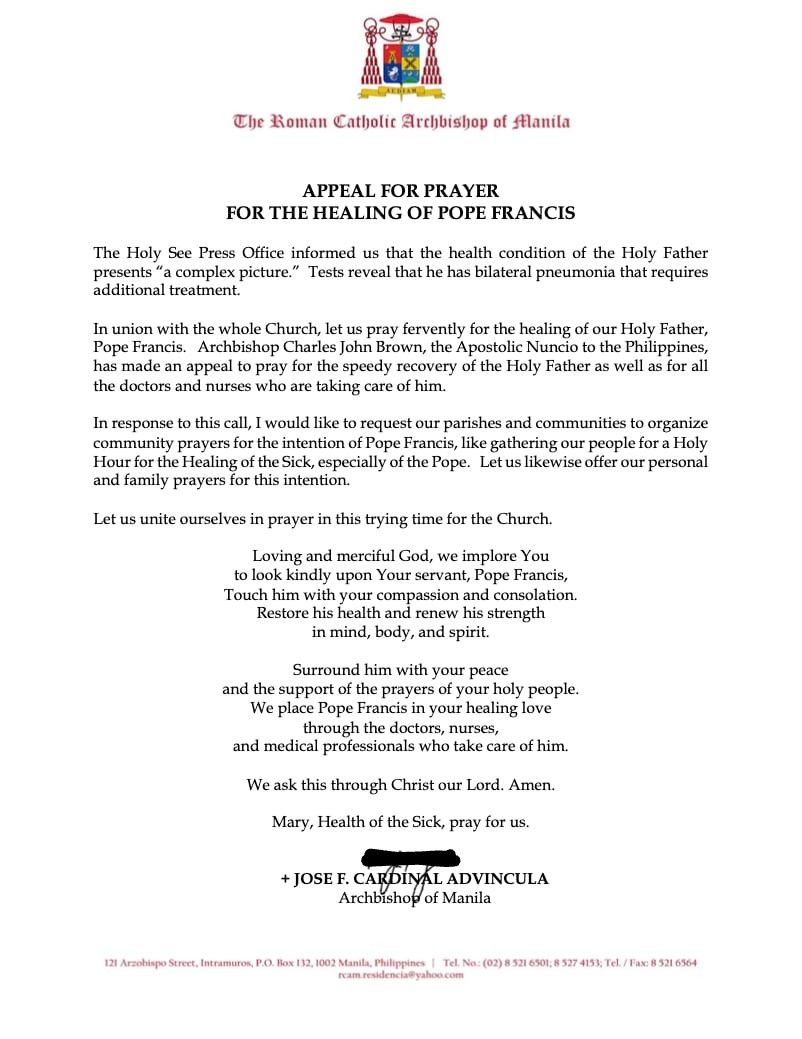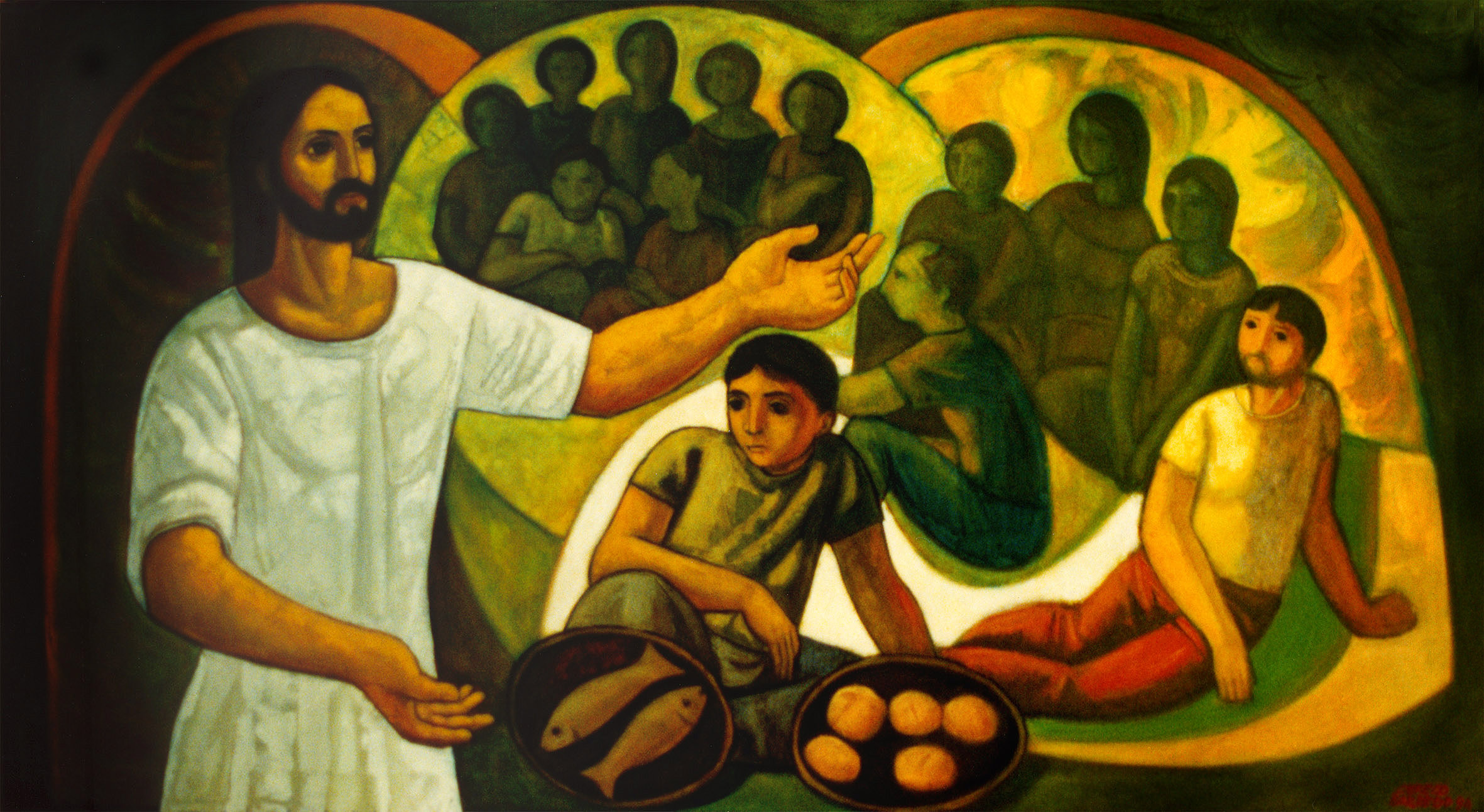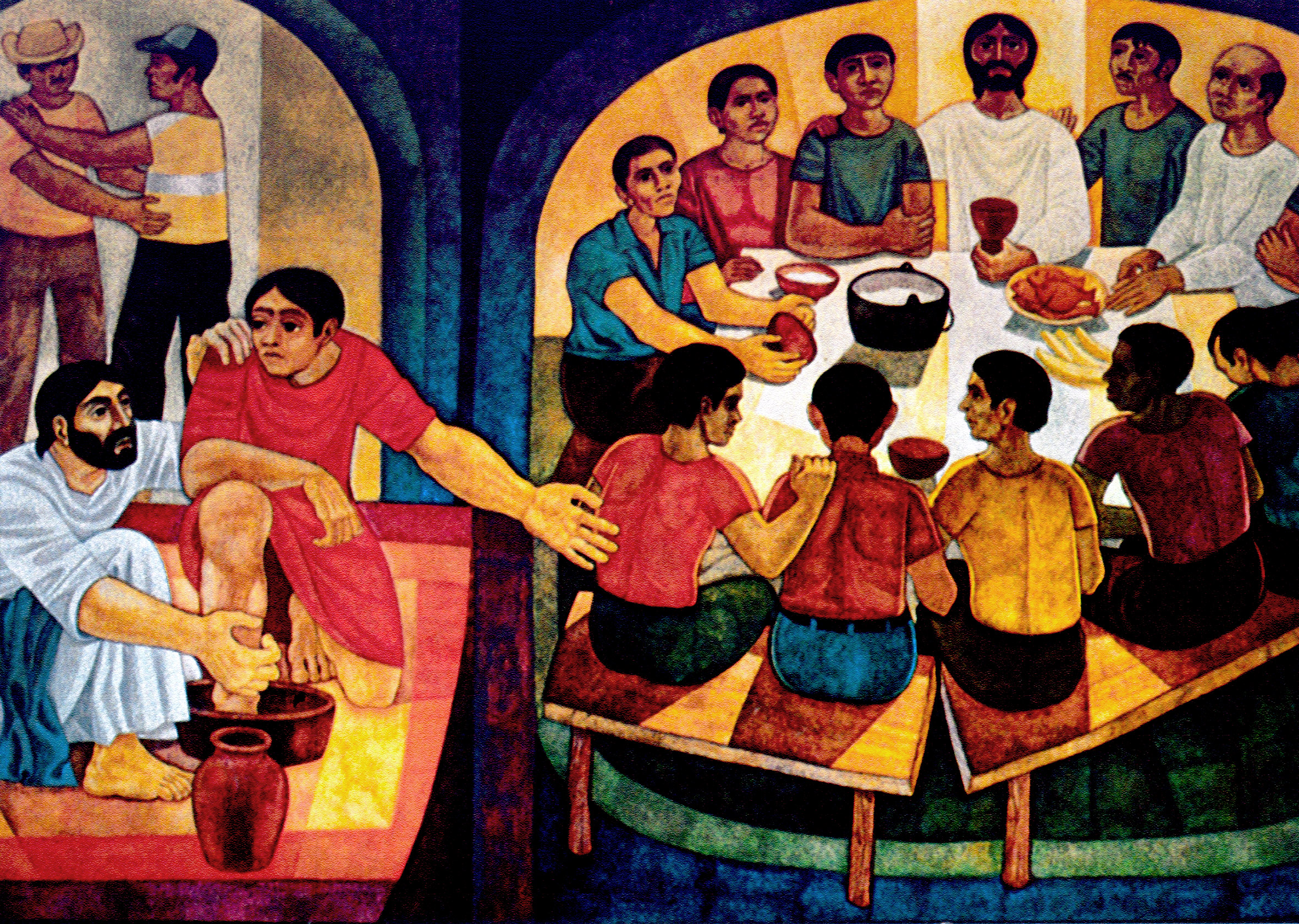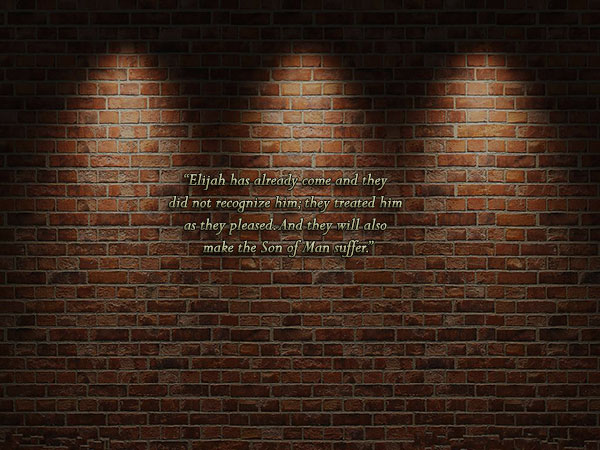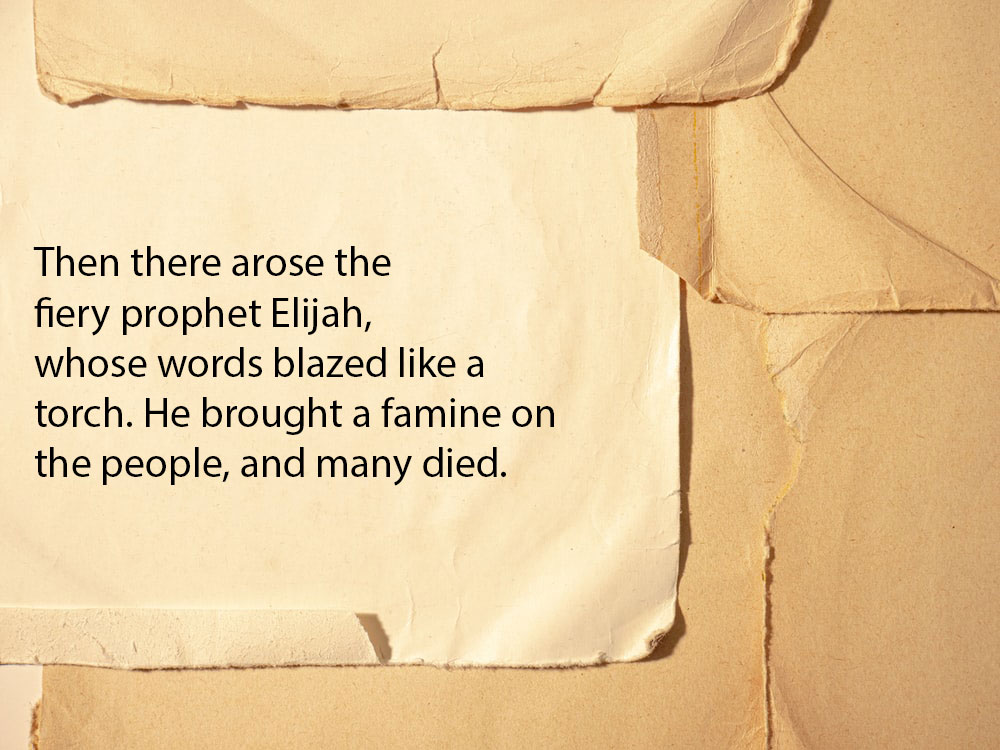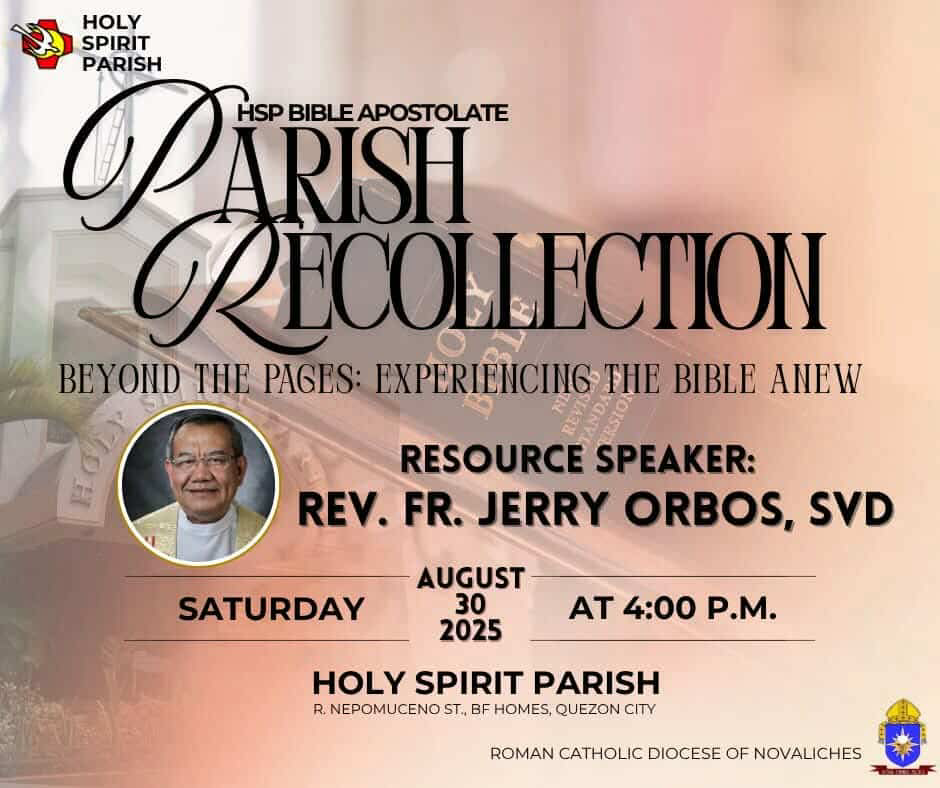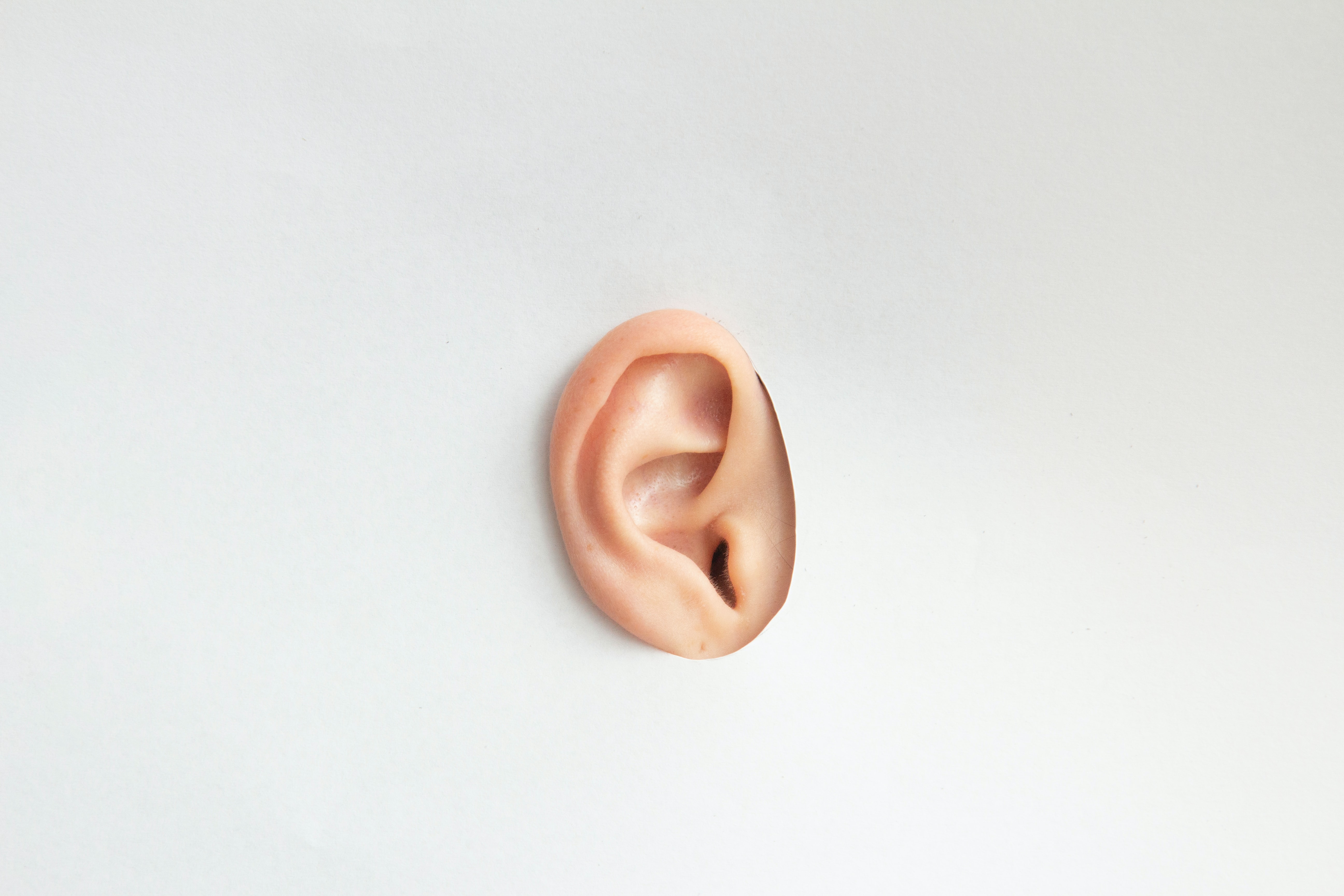
Pope Francis has said many times that listening can make the world a better place. True dialogue will not start unless it starts with the act of listening. And it’s not just the physical act of words passing through the ear canals, but it’s authentic, mindful, attentive, and empathetic listening where the words make it all the way through the mind and landing in the heart.
Kuwentuhan Muna
In Filipino psychology, there is a methodology that involves the concept and practice of “kuwentuhan.” Translated, it means sharing of stories and/or storytelling, but even that literal translation doesn’t capture its true essence and original intention. Kuwentuhan is a concept and a tradition deeply embedded in Filipino culture and psyche. Filipino psychologists involved in the therapy of the person have kuwentuhan as a tool at their disposal to begin the healing process. It’s an underutilized tool in society today that might be able to help us collectively heal as a people.
But good kuwentuhan begins with the act of listening. It takes openness and humility to truly listen to others. As Saint Paul said: “In humility value others above yourself. Let each of you look not only to his own interests but also to the interests of others” (Philippians 2:3-4). With today’s trending emphasis on the self, on individualism and individualistic values, it is easy for us to forget the greatest commandments that Christ told us (in Mark 12:30): “Love God with all your heart, all your mind, all your soul, and all your strength. The second is this: Love your neighbor as yourself. No other commandment is greater than these.”
How do we love God and our neighbor? Starting with the first commandment, one good place to begin is to simply be in a state where we can listen. Learn to be fully present and listen to the voice of God speaking to our hearts. We tend to fill our prayers with chants and petitions that we forget to just sit silently and listen.
The second greatest commandment of loving thy neighbor as yourself can also begin with listening, to become fully present, to empty our thoughts, and free the mind of clutter of judgment and bias. Biases are the stories that we make up about the other. When we truly listen, we slip into their shoes as we journey with them, to feel their struggles, and to rejoice with them in their triumph. We may not always agree or see eye to eye, but at least we are having a respectful conversation where listening is at the center and our voices matter.
Time to Listen
Listening seems like a simple and easy process but we all know that it’s really not. Today, it’s so much easier to just plug our ears with earbuds to listen to digital soundtracks rather than live human voices. How many of us can find the time to just sit down and listen to our neighbors, our peers, or even our loved ones? Our calendars are full and when someone wants to hang out and talk, it often must be scheduled. Most of us have turned to social media searching for someone to listen.
Paul Tillich, one of the most important theologians of the last century, wrote:
“The first duty of love is to listen.”
We’re drowning in noise that includes a cacophony of voices all trying frenziedly to be heard. In a world described by author Susan Cain as “a world that cannot stop talking,” there are so many voices trying to be heard but very few people listening. There is an increasing imbalance in the listening-talking equation where the talking side far outweighs listening side. Listening is the half of the conversation that requires greater effort and humility. Theologian, Dietrich Bonhoeffer, once said that “people forget that listening can be a greater service than speaking.”
Listening is an act of faith, charity, and generosity. And as we know, nothing about that is easy. But in a time of divisiveness and discord, listening might just be what we need to bridge the divide, to rebalance the dialogue equilibrium, and to remind us of our connectedness and our humanity. Listening can lead us to the rediscovery that our personal stories, though many and diverse, are integral to the tapestry of humanity’s epic story, and that we are one body, one spirit.

BJ Gonzalvo, Ph.D., is a psychologist and a US military veteran born and raised in the Philippines (now residing in Washington) whose research focuses on retracing the indigenous roots of his core value of kapwa to help reframe and rediscover the sacredness of our interconnectedness. His writing, where he often integrates culture, psychology, and spirituality, has appeared in Northwest Catholic, Busted Halo, FilCatholic, and Mind & Spirit. He is the author of Lead Like the Saints (Paulines, 2019) and Gift of Kapwa (2022). @saintlynest




